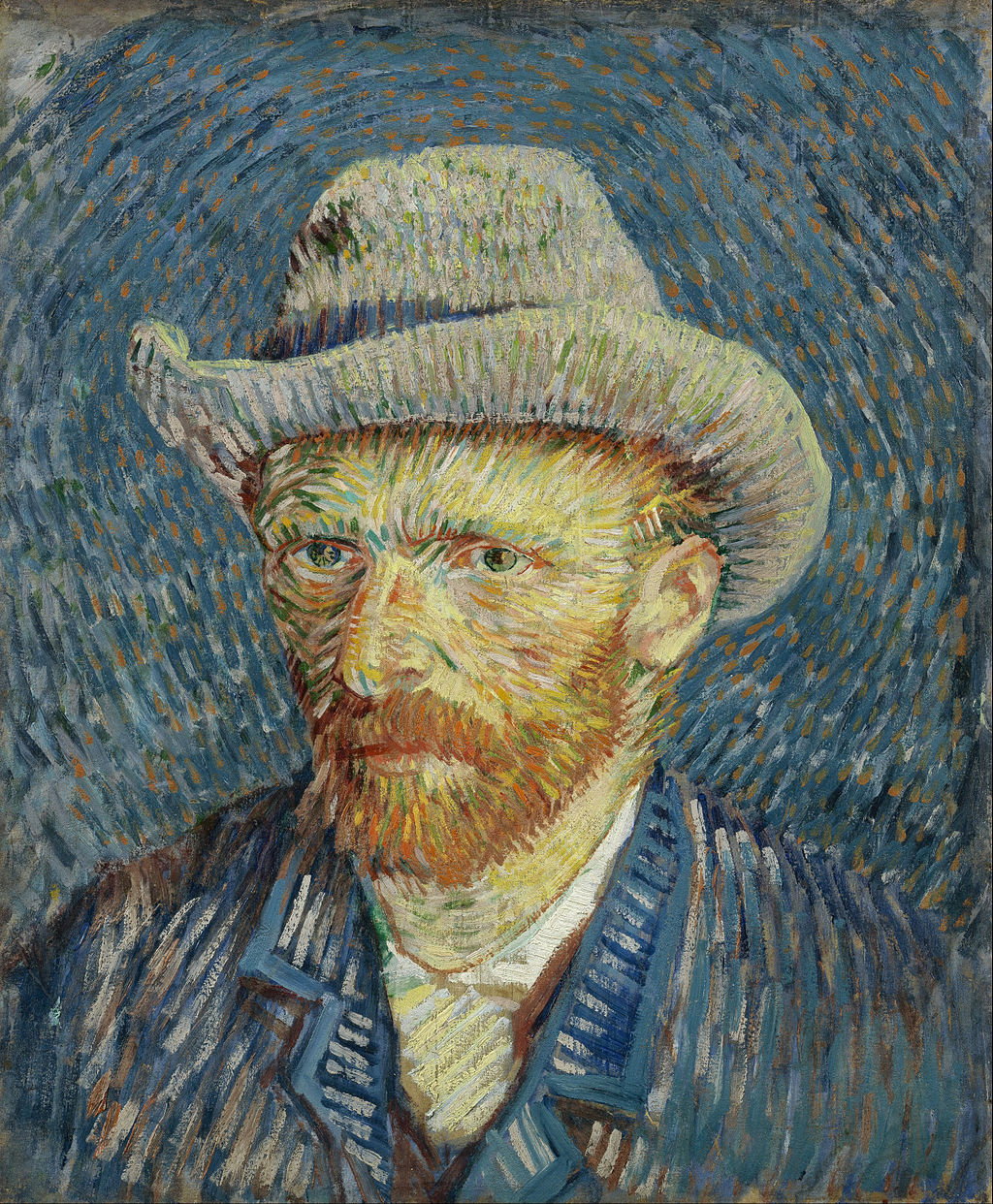Final Remarks
"One learns to know a country that's basically quite different from what it appears at first sight.
On the contrary, one will say to oneself, I want to finish my paintings better, I want to do them with care; in the face of the difficulties of the weather, of changing effects, a heap of ideas like this finds itself reduced to being impracticable, and I end up resigning myself by saying, it's experience and each day's little bit of work alone that in the long run matures and enables one to do things that are more complete or more right.
So slow, long work is the only road, and all ambition to be set on doing well, false.
For one must spoil as many canvases as one succeeds with when one mounts the breach each morning."
- Vincent van Gogh to Theo van Gogh, November 26, 1889.
'A Heap of Ideas Reduced to Being Impracticable'
This is quite literally how you may find yourself feeling after early microtesting of the concept. What you structured as an elegant test and iteration plan will, all at once, seem completely jumbled. New insights from live users will arrive that will make you question your original strategy. What seemed so simple and so in line with insights may seem to underperform.
You will again question yourself, your strategy, and the offering.
Breathe.
At no point should we expect any of this will be easy, for if it were, every competitor in the market would already be doing it. Take solace in that fact.
In many ways, early market testing will feel as if you are beginning again. This is both refreshing and dangerous, as you will see so many new opportunities and spaces to pursue, but you can be inadvertently drawn away from center. You can lose sight of the original foundational research and insights that led you to pursue the offering in the first place. For this reason, try to make it a habit to take a glance over original research and customer verbatims on a weekly or bi-weekly basis. You are not looking for new insights, you are simply remembering to center yourself in the strategy.
Remember, that at this phase, like the turkey parable, our goal is to measure, understand, and adjust accordingly. Isolate a factor or attribute, test it, and learn. Understand that there are no failures in research, only insights. A positive outcome is an insight just as is a negative outcome. It is our job to continue to purposefully drive at gaining and compiling those insights to improve the offering.
Spoiling Canvases
Another inevitability of the innovation process is that you will indeed 'spoil as many canvases as you succeed with.' Again, there is no question about this. None whatsoever. But you are in no way alone in this struggle.
You will find that having dinner or drinks with those truly holding an innovation mindset -- be they entrepreneurs or intrepreneurs, creatives or logicals -- will many times result in discussions of "war stories" and spectacular failures. This is no accident, as many of those stories will have a moral–a result, which guided that person in future endeavors and innovation pursuits. As the drinks continue to flow, those holding the innovation mindset will typically be the first to engage in vivid self-deprecation, usually also stated using vivid language.
As a researcher, I adore these kind of conversations not only for their content, but for literally being able to create a cognitive map for these people. As the conversations evolve, you begin to see how resilient those holding the innovation mindset are, and many times, how much they embrace that roguish approach.
Closing
As much as everything we have covered in our time together, I have tried to keep reinforcing mindset and mentality as much as the content and classes. "Innovation" is already difficult enough of a space to function in, and when we layer sustainability into the mix, we are truly talking new spaces altogether. If it is any evidence, as you have seen, much of the content for this course is original simply because there are no texts on creating meaningful sustainability-driven innovation. There are texts on "sustainability," there are texts on "innovation," but I believe the knowledge, synthesis, analyses, and processes we have explored this semester are unique to sustainability-driven innovation.
For these reasons, these pursuits will be that much more difficult... and that much more rewarding. Meaningful innovation in the sustainability space–innovation that appeals to the 3Ps AND the customer's needs–is a difficult endeavor, indeed.
In time, these sustainability-driven innovations will not rely on mandates or regulations or social pressure, but will appeal to actual customer needs in a meaningful way. They are not products or services that somehow rely on receiving a "pass" from customers, or appeal to some tiny slice of early adopters in the market who are willing to sacrifice product performance for some perception.
These sustainability-driven innovations will just make sense.
And this is why they will succeed.
And this is how they will make the world a better place.
I hope you have enjoyed our time together as much as I have, and I greatly look forward to reading your final case.
With kind regards-
Andy
